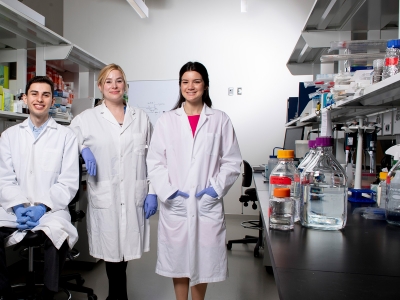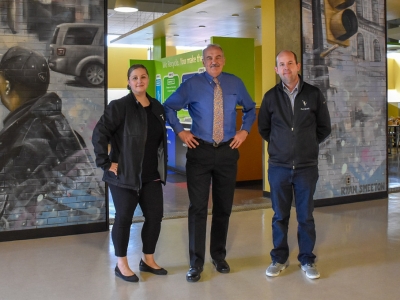By Susan Hickman
Photos by Luther Caverly
Artificial Intelligence (AI) is undoubtedly the topic of the day. Computer systems are fast becoming capable of performing tasks once considered the sole domain of human intelligence. Machines can translate language, recognize speech and even make decisions. Increasingly, they are acquiring the capacity to learn and to problem solve. Already, they can drive cars, compete in highly strategic games such as chess and interpret complex data.

Machines are now capable of translating language, recognizing speech and even making decisions.
AI, and particularly the sub-topic of soft computing, or machine learning, has appealed to Yuhong Guo, Carleton’s new Canada Research Chair in Machine Learning, since she started to work in the field during her doctoral studies in computing science at the University of Alberta in 2003.
“At the beginning, I didn’t know about machine learning, other than it was a subfield of artificial intelligence. But I was fascinated with the idea. Machine learning involves a lot of mathematics, which I enjoy.”
Guo’s research looks closely at how computers learn without being explicitly programmed. This type of machine learning, which evolved from the study of pattern recognition and computational learning theory in AI, explores algorithms that can learn from and make predictions on data by building models from sample inputs. “At first, machine learning researchers focused on prediction models to more accurately analyze data,” Guo explains. “And at the early stage of my research, I focused on accurate algorithm predictions.”
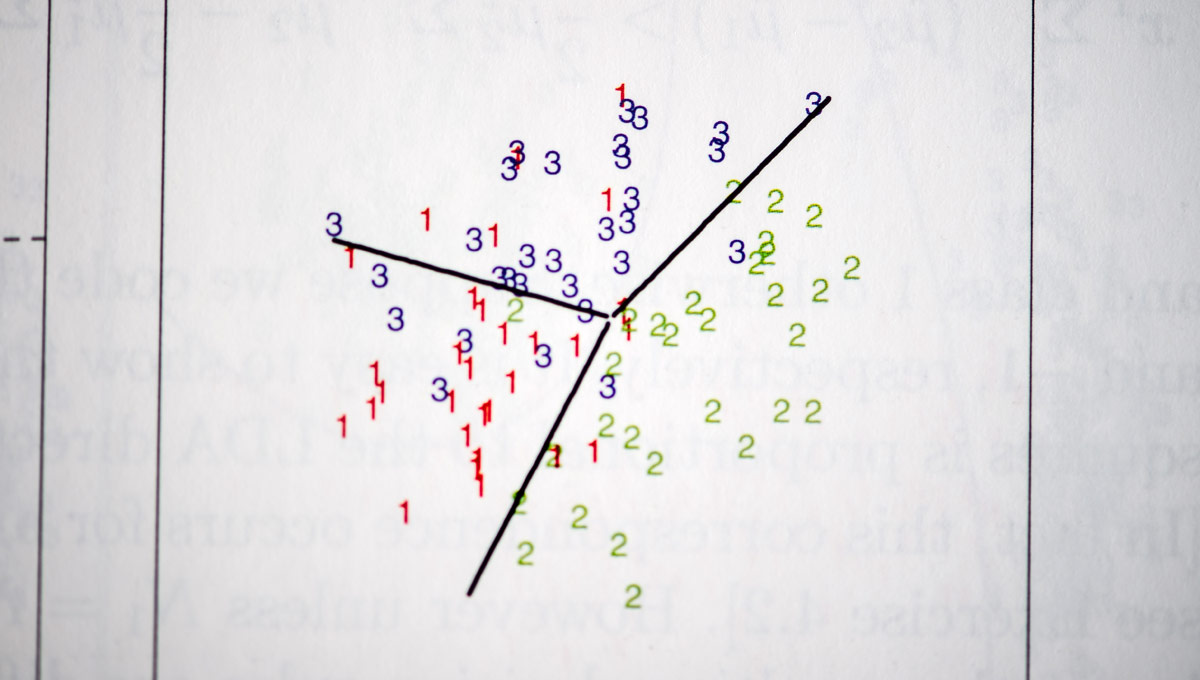
Using Machine Learning
to Analyze Big Data
But as the technology of the Internet, social networks and the huge amount of free data available to the general public has grown, Guo increasingly sees the potential of machine learning methods to analyze the “big data” of domains, languages and so many other resources, and to build knowledge bases for the benefit of corporations, organizations and governments.
“For example,” says Guo, “we can develop algorithms to categorize documents by using prediction models. Everyone uses digital devices today, and yet we still rely on humans to label data and to guide the process. What if machines could automatically learn useful skills by interacting with data that is already freely available?” she asks. “My aim is to develop automatic data analysis and to reduce our dependence on human input.”
Guo points specifically to the expensive and time-consuming repetitive tasks required by researchers or medical personnel, such as document categorization, sentiment analysis, structured text analysis, object recognition in images and videos, and health and medical data analysis. “We want computers to automatically bridge the boundaries of different languages and cross multiple media. It’s impossible for a human to label the billions of data.”
Guo, who is also an associate professor in the School of Computer Science, admits her love of mathematics and of developing algorithms continues to inform her research because of their potential to deal with real world problems.
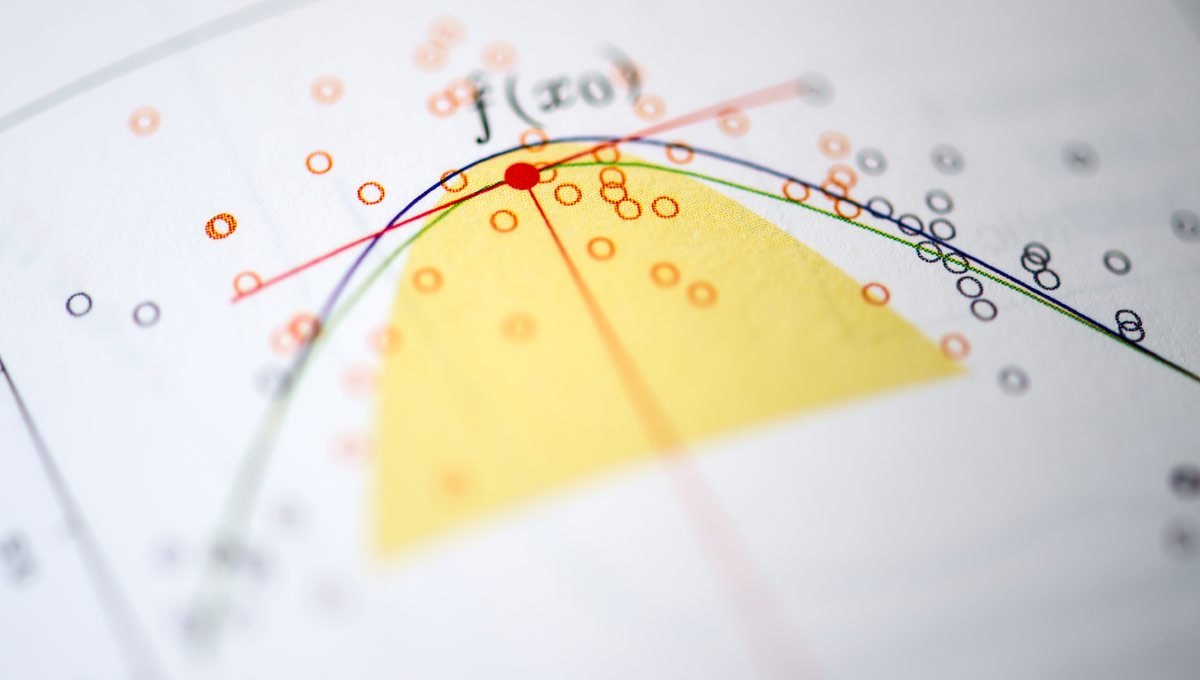
Breaking the Bottleneck
of Machine Learning
“In almost any company, they need some kind of data analysis. Small businesses can use algorithms I develop to build their own data analysis systems. This is a really promising research direction and I believe I can make it successful. It could,” she adds, “break the bottleneck of standard machine learning.”
Before arriving on Carleton’s campus in July, Guo worked at the Australian National University as a research fellow and then, from 2009 until 2016, was an assistant professor, later promoted to an associate professor with tenure in the Department of Computer and Information Sciences at Temple University in Philadelphia.
Two of Carleton’s Canada Research Chairs have also been renewed recently: Stuart J. Murray, Canada Research Chair in Rhetoric and Ethics, is investigating the ways in which the concept and meaning of life and death are understood in biotechnological, global media network and political terms; Paul Van Oorschot, Canada Research Chair in Internet Authentication and Computer Security, is examining operating system designs that provide protection and designing better password management tools.
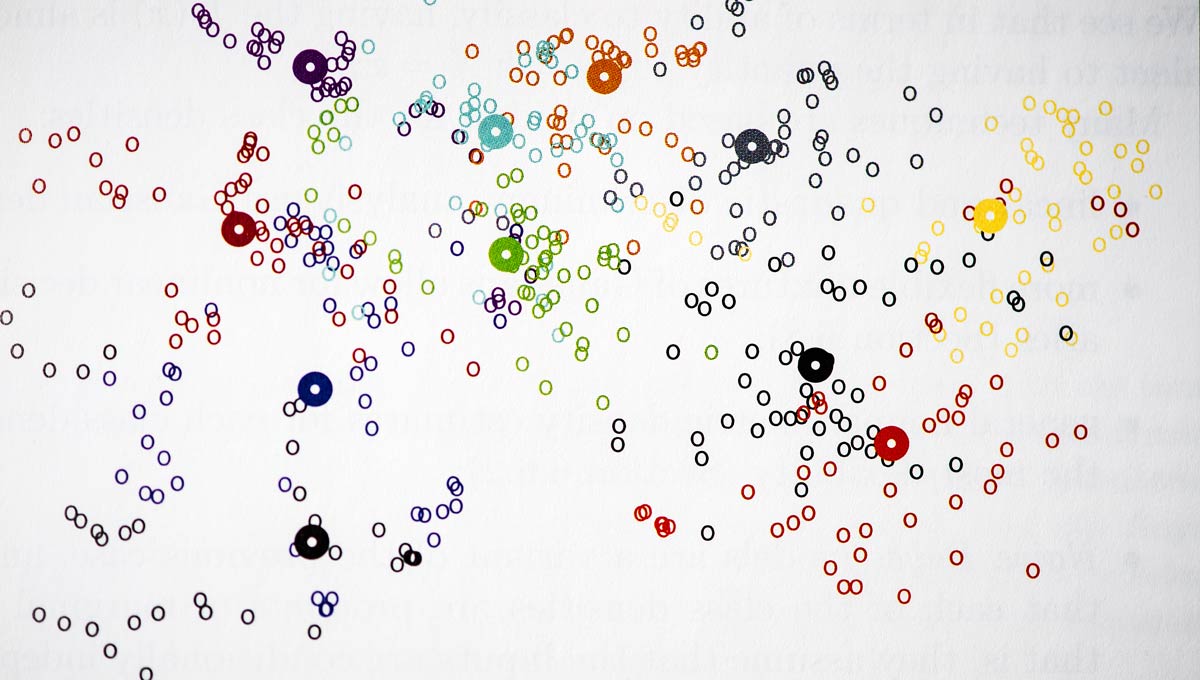
Friday, December 2, 2016 in Accessibility, Mathematics and Statistics, Research
Share: Twitter, Facebook
